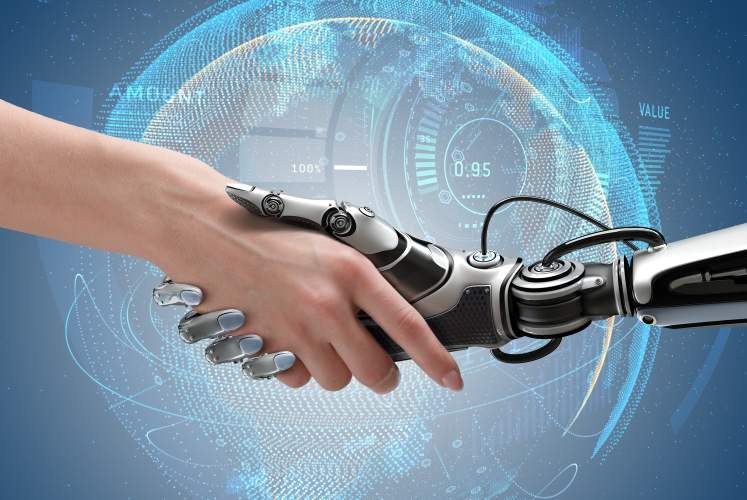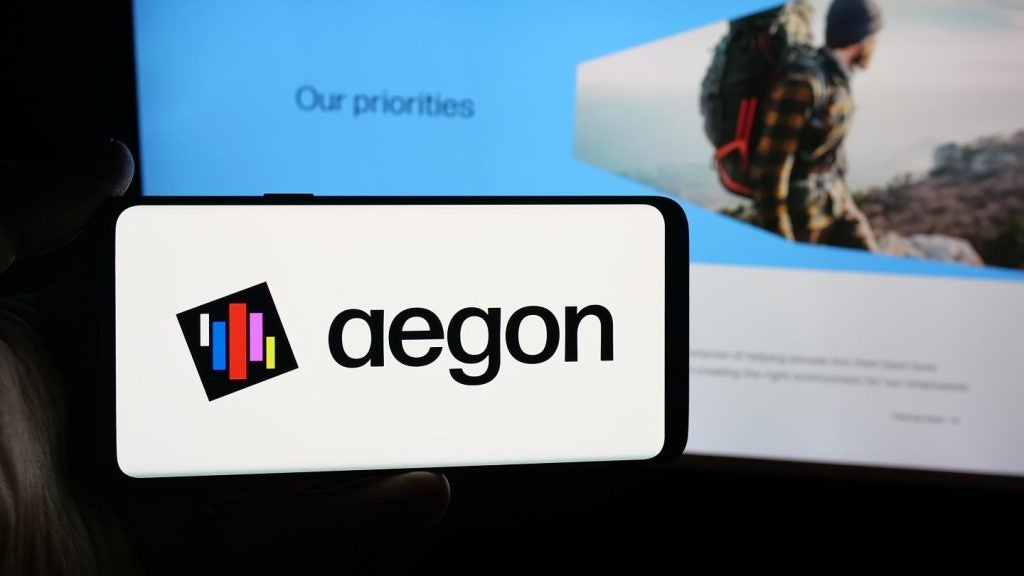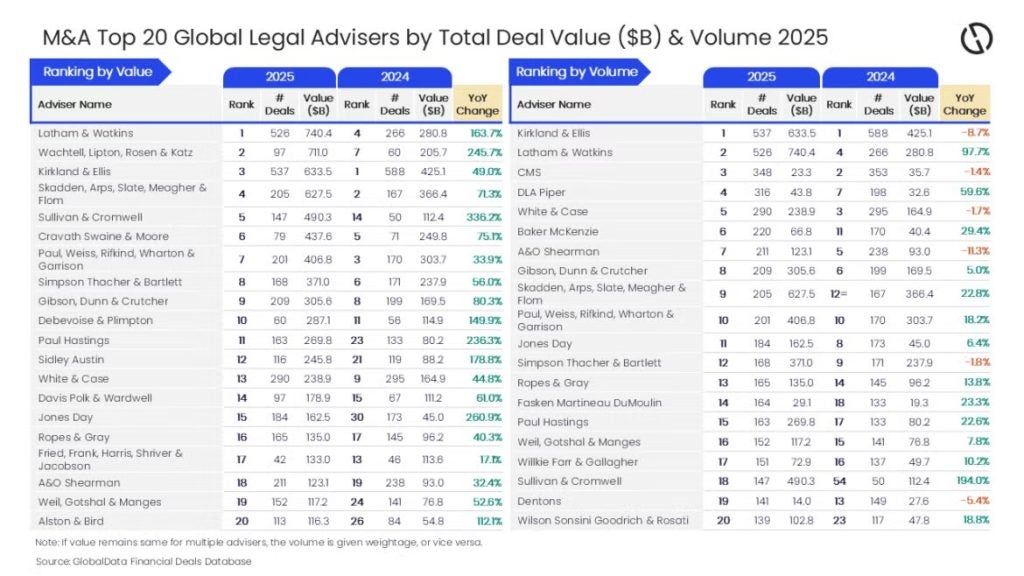
Ben Carey-Evans, InsurTech analyst at Timetric’s Insurance Intelligence Center, examines insurers’ activity in artificial intelligence (AI) and the disruption it is likely to cause the insurance industry, particularly in terms of changing roles and skills required by employees.
AI has become increasingly prominent since it evolved from somewhat of a gimmick at the start of the 21st century – beating the chess world champion, for example – into an essential part of modern-day business.

Access deeper industry intelligence
Experience unmatched clarity with a single platform that combines unique data, AI, and human expertise.
Multi-national technology companies, such as Amazon and Google, have already made strides in utilising the technology.
Writer and public speaker on AI, Calum Chace, emphasised the impact it has had for these large companies: “It [AI] has been seriously impressive already for Google Search and Translate, which completely transformed last September, when it started using deep learning, image recognition for Facebook too. The tech giants in China and in the States are using it very successfully.”
Rajinder Tumber, a cyber security specialist and Parliament committee member on AI, made similar comments on AI’s increasing role in modern life: “AI is becoming integrated within our lives, affecting how we live, work and play, from voice-activated assistants – Apple’s Siri, for example – to autonomous self-driving cars.”
However, there is a slightly different picture in the insurance industry, which is, barring a few cases, monitoring the situation from a safe distance. There have been a few examples of large insurers making deals and partnerships with technology companies, or experimenting with AI, but generally speaking, the only real impact has been in customer service – namely chatbots – to date.

US Tariffs are shifting - will you react or anticipate?
Don’t let policy changes catch you off guard. Stay proactive with real-time data and expert analysis.
By GlobalDataInsurers’ AI activity
Things may be starting to shift though, Ageas announced in May 2017 that it will begin adopting AI technology for claims handling and Aviva committed to supporting AI-based start-up, Shepherd in July 2017.
These are two recent examples emphasising large insurers are beginning to take notice and that AI will become more commonplace in the very near future.
There are particular lines of insurance where integration is clearer, and there has been development and trials in some lines.
Insurance partner and London market leader at PWC, Paul Delbridge, explains: “The insurance industry is at a relatively embryonic stage of its deployment of AI. Lines of business where there are vast volumes of available data are the most obvious areas to start with, such as private motor and household insurance.
“AI can be used to help estimate motor accident repair costs, or to monitor sensors within the connected home, and then to trigger a response in the event of a burst pipe, for example.”
The most disruptive aspect of AI is undoubtedly driverless cars and its potential impact on the motor insurance industry.
Firstly, the very need for insurance comes into question when human error can be eliminated from driving and the way it operates will almost certainly have to change. One of the most likely causes of claims if driverless cars become commonplace could be due to hacking and cyber security could therefore become a key part of any motor insurance policy.
Chace elaborates on how driverless cars would change the dynamic of motor insurance: “At the moment the individual is a weak player and the insurer the strong one in the negotiation, but if the manufacturer knows its cars will cause very few accidents it could go to an insurer and ask to insure the whole fleet and there would be little money in that.
“Google cars have done over 3 million miles driving over San Francisco and there was only one accident they were deemed to be at fault for.”
Tumber, however, expresses concerns regarding the ease of proving beyond doubt that driverless cars could be safer: “I believe that to prove driverless cars are safer, will be more challenging than people realise. I say this from a cyber security perspective. Can driverless cars be secured against hacking?”
AI’s impact on product innovation
AI also has the potential to transform insurance by enabling and improving current products. It can, alongside big data and the internet of things, aid customers and insurers by cutting down on claims in the first place and turn insurance into more of a prevention service than simply repaying costs.
Delbidge discusses the specifics of what it can do: “AI can be used to help estimate motor accident repair costs, or to monitor sensors within the Connected Home, and then to trigger a response in the event of a burst pipe, for example.”
Another major area of disruption will be job losses. There seems to be a level of uncertainty about how far that can go and soon changes will happen. What is certain is that back-end and customer service-based jobs are most at immediate risk.
Many straight-forward, manual tasks are already being taken over by machines, but Chace points out that this is not at the expense of jobs yet, as there are always humans hovering around in the background in case it breaks down.
Delbridge echoes these sentiments: “The likelihood of whole jobs being automated really depends on how many of the tasks that make up someone’s job can be done by robotics and process automation. In reality, we expect that human and machine will work together in many cases and will help to free up employees to focus on higher-value activities.”
Chace, however, believes the changes will run a lot deeper, as he said there will be no humans in call centres within the next five to ten years and that claims handlers, in particular, are under threat.
Tipping point
He continues by claiming a tipping point will arrive where machines will operate more efficiently than, and without the help of, humans, and severe job losses across all industries will follow.
Tumber notes: “AI will be the cause of job losses in the future. In March 2017, PwC reported that by the year 2030, up to 30% of existing UK jobs will be susceptible to automation from AI”.
He went on to say that insurance was perhaps less susceptible than other industries, but the vast sums of money held by the industry means they will experiment with AI wherever possible.
What is certain is that roles and the skills required will shift, with brokers, agents and claims handlers decreasing – and data scientists and experts become extremely sought after. This presents another issue, as Chace suggests data scientists are both very expensive and in short supply.
One of the most interesting aspects of the AI revolution is how it becomes interlinked with other emerging technologies, such as big data, the internet of thing and blockchain.
Insurance, while still behind most other sectors, is beginning to take notice of all of them and perhaps the key question is how dependent are these technologies upon the success of the others?
AI, for example, is reliant on a wealth of data and effective analytics creating the right actions through deep learning and machine learning.
Blockchain has a less obvious role, but, as Delbridge says: “Blockchain will potentially become a powerful enabler around distribution and the binding of insurance coverages. My personal point of view is that AI is not dependent on these new technologies, but its full potential will be easier to unleash as these new technologies become more prevalent in our day-to-day lives.”
For more information on Timetric’s Insurance Intelligence Center, visit https://www.insurance-ic.com/







